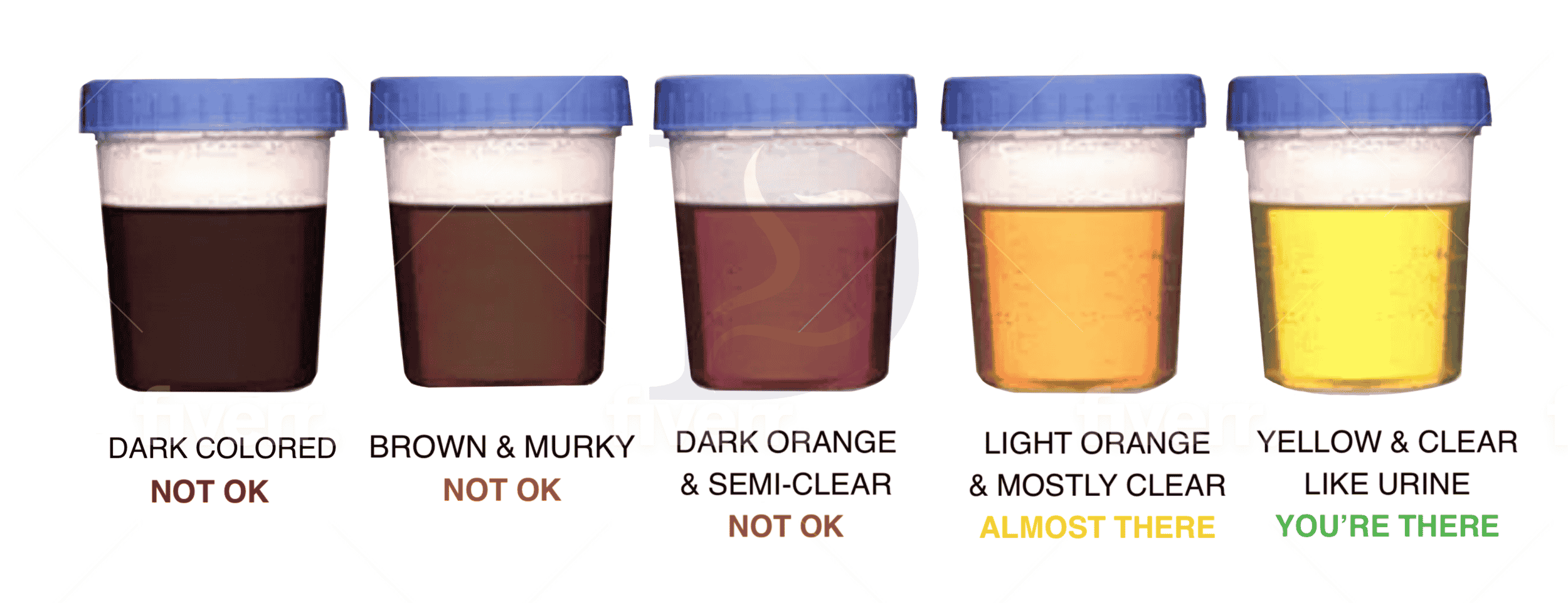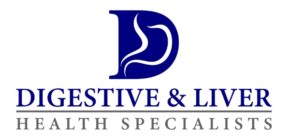To prepare for your upper endoscopy, please follow the instructions included in the PDF link below:
To prepare for your colonoscopy, we have included downloadable PDF instructions for the different preps that we use at our practice. These PDF instructions are located at the bottom of this page. There are select prep instructions in Spanish at the bottom of this page as well.
For a summary of frequently asked colonoscopy questions, please download and review the PDF links below:
Please read the following for important tips:
We understand that the idea of having a colonoscopy can seem overwhelming. We do our best to make the process as easy as possible. You will generally only need to be off work for the day of the procedure. Plus, the new formulations of bowel prep are much more tolerable than they used to be. Prep is an essential part of a successful colonoscopy. If not done correctly, an additional colonoscopy may be needed. Your doctor needs to be able to view all parts of your colon and any stool residue will make that difficult.
There are two basic steps to bowel prep before your colonoscopy:
Step 1: Pre-Prep: Clear Liquid Diet
Step 2: Prep the Night Before (see below for a list of bowel preps and downloadable instructions)
In some cases, changes to your medical regimen must be made prior to your procedure. Your doctor will let you know if/when you should adjust or stop any medications you take.
We recommend a low-fiber diet beginning 7 days prior to your procedure. This limits the amount of food waste that will move through the large intestine, which makes the bowel prep easier on your GI tract.
A clean colon increases your doctor’s ability to detect and remove polyps or adenomas before they develop into cancer. This is why it is important to carefully follow your bowel prep instructions.
Your stool should be clear and yellow.
This chart will help you judge your progress!

Your bowel movements must be watery and clear or light yellow. It is still important to continue drinking your prep until it is completely gone even if your stool has become clear.
The importance of a GOOD PREP
Your prep is one of the most important parts of your colonoscopy. Without a good prep, your gastroenterologist will not be able to see your colon clearly. This could lead to missing a polyp or rescheduling your colonoscopy.
Here are photos that show the difference between a good prep and a bad prep, so that you can see why prep is important.


Important Notes
Cancellation/No-Show Policy
Should you need to cancel or reschedule a procedure or infusion appointment, please contact our office no later than 48 hours prior to your appointment. If your office visit or procedure is scheduled for a Monday, all cancellations must be made by noon on the preceding Friday.
When a patient fails to notify our clinic at least 48 hours prior to a scheduled procedure or infusion appointment, it will be considered a NO SHOW.
- There will be a $250 charge for those who do not keep their procedure appointment or cancel with less than 48 hours. There will be a $100 charge per occurrence for patients who fail to cancel infusion appointments prior to 48 hours. Procedure slots are very limited and by canceling in a timely manner, you will be helping other patients receive the care they need and deserve. Procedures will not be rescheduled until the fee is paid in full.
- Any patient who fails to notify our office at least 24 hours prior to their missed appointment 3 times will be dismissed from our practice and will need to contact their Primary Care Provider (PCP) for a referral to another gastroenterologist.
- These fees are your personal responsibility and are not billed or paid by your insurance company. It is your responsibility to make sure that we have updated and accurate phone numbers and email addresses so that we may confirm your appointments.
What are the risks?
Colonoscopy is a standard medical procedure, but all such procedures have some risks. These problems do not happen often.
- Rarely, the instrument may tear the wall of the colon. This may require surgery to fix.
- There may be adverse drug reactions or heart/breathing complications.
- In rare instances, bleeding may occur, usually when tissue or polyps are removed. This could mean being admitted to the hospital for additional care which may require a transfusion, an urgent repeat colonoscopy or surgery.
Important: You must bring someone who will meet you inside the recovery area after your procedure and drive you home.
A ride service driver or taxi driver is not acceptable.
Please leave all jewelry at home.
Please plan on being at our facility for approximately 4 hours from your arrival.
If you have any questions, please call the office at 615-832-5530

